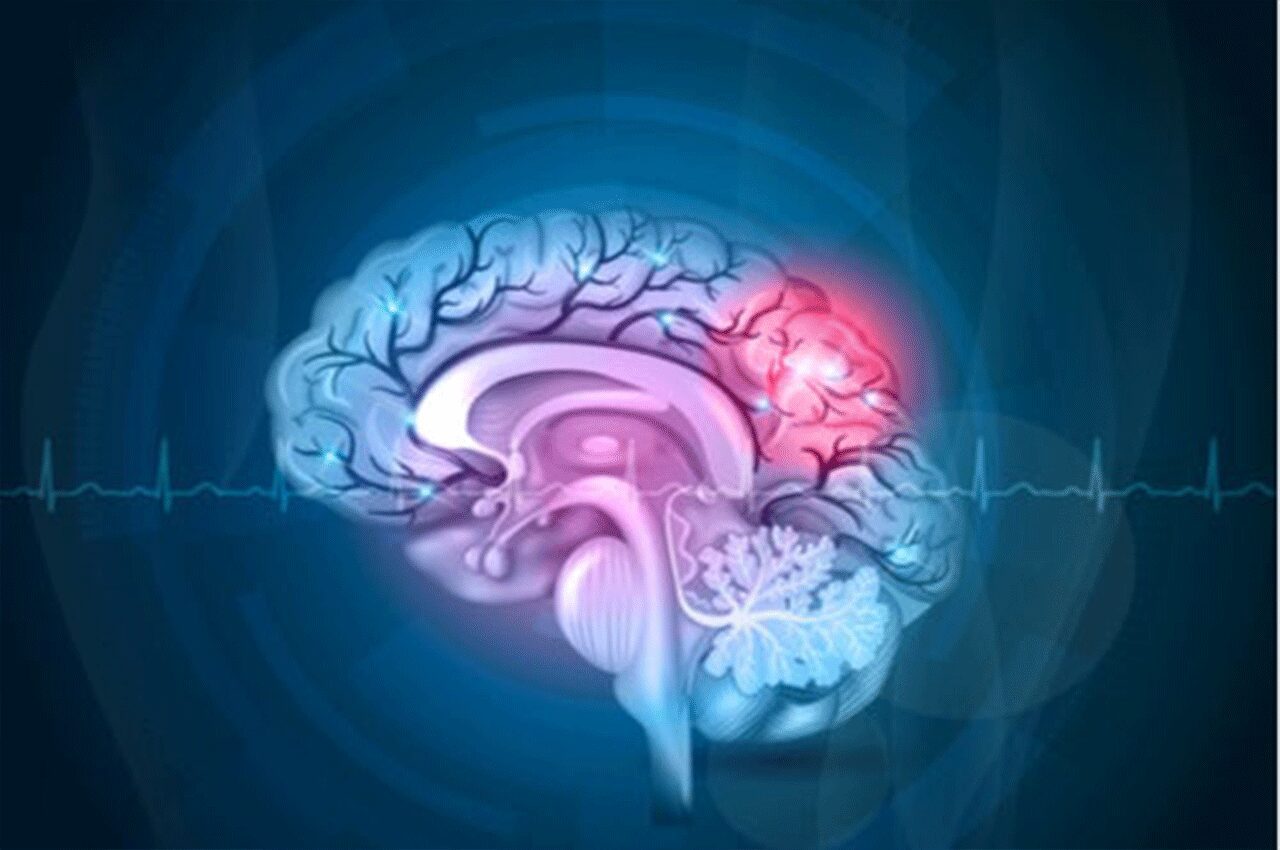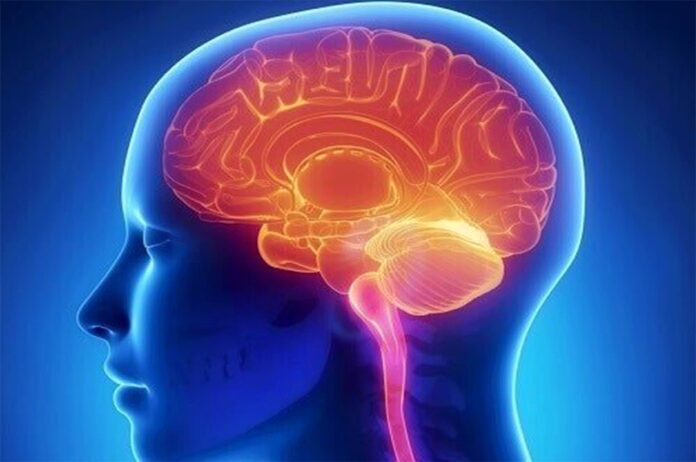Numerous studies have shown that the brain reward system is activated against certain drugs, such as cocaine or heroin.
The reward system is another curious and complex aspect of our brain. It is a mechanism that allows us to relate certain situations to pleasure. It is, in reality, a form of adaptation and a way of improving survival.
This is because, by associating a pleasant sensation with action, learning is stimulated. For example, the reward system attributes to the sexual relations that pleasure that makes us want to repeat it again. Thus, the survival of the species is ensured.
Many brain areas are involved in this circuit, which makes its study complicated and its multifactorial functioning. In addition, the reward system not only works with basic activities, such as eating or sex.
In fact, it is something basic in our life. It is even involved in drug addiction or other rewarding activities, such as sports. For all its importance, in this article, we explain the most basic aspects of the reward system.

What structures are involved in the reward system?
The reward system is in the brain. In fact, it is not located in a specific area of the brain. Like most of our functions, it is distributed in different areas connected to each other, forming a kind of circuit.
The knowledge of these areas is complex since our brain is an organ difficult to analyze and study. However, the areas that have been shown to participate in this reward system are:
- The tegmental area.
- The nucleus accumbens, which is part of the basal ganglia.
- Hypothalamus and hippocampus.
- Prefrontal cerebral cortex.
- Pale core.
To sum it up simply, it can be said that most of the reward circuit resides in a circuit called the mesolimbic pathway. The substance that allows this circuit to be activated is dopamine.
In what situations is the reward system activated?
As we have already mentioned, the reward system is, in reality, an adaptive function. This makes it mainly related to the basic needs that allow us to survive individually and as a species.
That is, first, it takes care of aspects such as eating, drinking or having sex. The taste of food gives us pleasure, just like drinking water when we are thirsty or sex. Thus, learning and repetition of these actions are stimulated.
However, they are not the only functions that are motivated by this system. For example, we can experience pleasure with play, sports and, of course, with drugs. Many studies have shown that this circuit is activated by ingesting cocaine, among other substances.
This inevitably leads us to think about the risk that the reward system also presents. Addictions are the negative part of this wonderful adaptation mechanism.
How do drugs act on this system?
At first, the use of a drug, such as cocaine or heroin, is a voluntary act. Normally, it is the result of curiosity or the image we have created of that substance by society. However, simply taking it once makes our reward system active. An intense feeling of pleasure is generated that makes us, involuntarily, want to use that drug again.
In cases of strong addictions, the reward system can be altered. For example, people addicted to heroin hardly feel pleasure in other actions that are not derived from having taken this substance. To put it in some way, the rest of the satisfactions are ‘turned off’.
However, it is important to know that it is not necessary for a substance to occur. There are many independent addictions of ingesting or taking anything, such as gambling. In the end, the result is practically the same.
The brain reward system is an extremely complex mechanism. It has allowed us to adapt and survive as people and as a species. However, it also has negative aspects, since it is the one that intervenes in the mechanism of addictions, among other things.
ContentCredit: https://steptohealth.com/the-brains-reward-system-how-does-it-work/
READ MORE: How to Protect Yourself from Coronavirus?



















![10 Countries With the Best Healthcare in the World [Statistical Analysis] Countries With the Best Healthcare in the World](https://articleify.com/wp-content/uploads/2025/07/Countries-With-the-Best-Healthcare-in-the-World-1-150x150.jpg)









